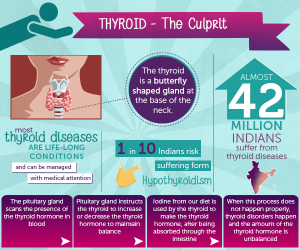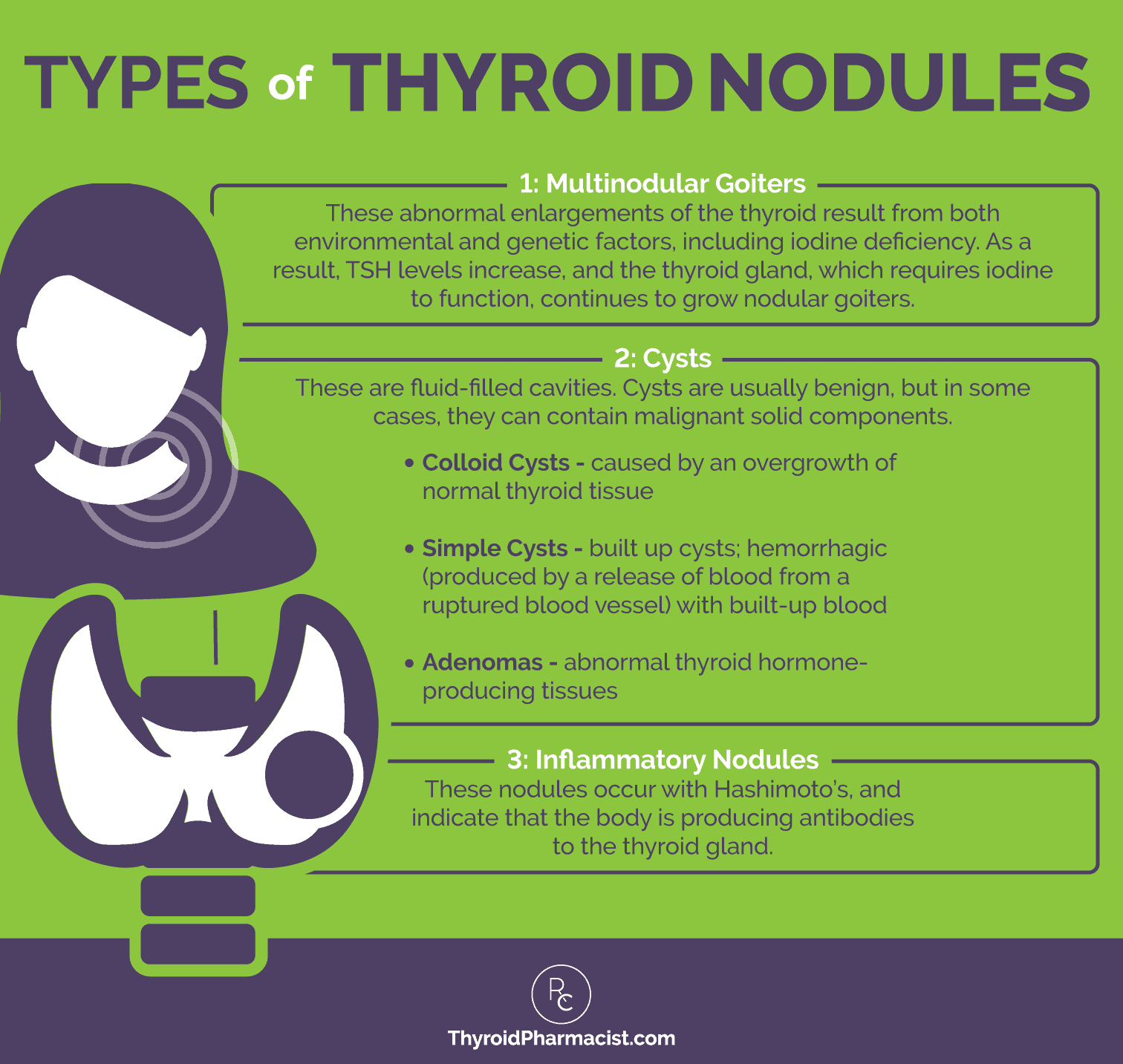Thyroid is Toxic

There are several symptoms associated with thyroid disease. The most common ones are irregular periods, irregular heartbeat and decreased fertility. Thyroid problems can strike at any age and affect both sexes. Thyroid disease is very common, affecting approximately one in 100 women and one in every thousand men. In fact, three new cases are diagnosed every year. Although thyroid cancer is extremely rare, it is still a serious medical condition.
Environmental pollution is a growing problem in many parts of the world. Three industrial pollutants have been proven to damage the thyroid. They can affect the thyroid's function. Thyroid disorders are caused by excess exposure to these chemicals. Thyroid disease is characterized by decreased thyroid hormone levels. These substances may interfere with normal thyroid functions, which can cause a host of symptoms. The most common cause of thyrotoxicosis is Graves' disease.
Untreated thyroid nodules can cause problems for the heart and metabolism. If left untreated, this condition can lead to atrial fibrillation and strokes. Long-standing toxic nodules can lead to osteoporosis, which results in weak bones that are prone to fracture. An enlarged thyroid gland can cause difficulty breathing and can even cause an enlarged windpipe. In the worst case, a thyroid storm could occur.
Environmental pollution can be another cause of thyroid problems. The global population is exposed to pollution in various forms. Specifically, three industrial pollutants are known to disrupt the functioning of the thyroid. Consequently, the use of pesticides is a significant problem in our society. These contaminants have been shown to increase the risk of atrial fibrillation. They have also been linked to a risk for atrial fibrillation.
Environmental pollutants can affect the thyroid in several ways. First, the thyroid needs iodine and selenium to be healthy. These two elements are essential for the functioning of the thyroid. Secondly, it needs selenium. The iodine in the environment can cause hypothyroidism. In addition to low-level environmental pollutants, toxic multinodular goiter can lead to atrial fibrillation.
Moreover, environmental pollutants can also affect the thyroid. In addition to toxic multinodular goiter, it can cause atrial fibrillation and other heart-related problems. In the case of pregnant women, it is a symptom of gestational hyperthyroidism. In the latter, a woman suffering from the condition may experience painless or subacute hyperthyroidism.

In addition to autoimmune diseases, environmental pollutants can also affect the thyroid gland. Research shows that environmental pollutants can cause hyperthyroidism, a condition in which the thyroid gland is overactive and produces excess hormones. Foods containing the toxic acid are also known to cause other diseases such as glaucoma. These toxins can affect the entire endocrine system, including the thyroid gland.
The thyroid gland is a nutrient that can be affected by environmental pollution. It is a natural part of the environment and the chemicals and heavy metals it contains are widespread in the environment. There are several heavy metals in the environment that can harm the thyroid gland. Some of them contain iodine. This is one of the main reasons why it is important to control toxins in the environment.
Toxic multinodular goiter can cause symptoms of hyperthyroidism. This type of goiter can affect thyroid function and cause other health problems. If you have an enlarged thyroid gland, this condition may lead to an increased risk of atrial fibrillation. If you suspect you are at high risk for atrial fibrillation, you should consult with your doctor.
The thyroid gland is an endocrine gland located at the base of the neck. It releases a constant stream of hormones that regulate metabolism, cardiovascular function, neurological function and the immune system. However, toxins can also cause a variety of symptoms. Your doctor may prescribe medications or natural treatments that help reduce the thyroid gland's ability to produce excess hormones. If you have an inflamed thyroid gland, it can lead to swelling in your neck.
If you are not taking thyroid hormones, you should contact your doctor immediately at https://rubricadiarte.it/. It is important to understand that the symptoms of this disorder can be difficult to recognize. Some people may not experience any symptoms at all. In such cases, it is best to consult a qualified physician. Treatment options will depend on your specific condition. In some cases, the problem may not appear at all. Depending on the severity of the condition, you may need surgery to repair the damage.